
Aarhus University (AU) provides expertise in microelectronics and integrated circuits (IC) design and implementation. AU will design and implement the ultra-low power interfacing analog front-end to record electrical signals from the bioengineered brain tissue and for its electrical modulation; the very small footprint design will enable the required miniaturization of the neuromorphic neuroprosthesis.
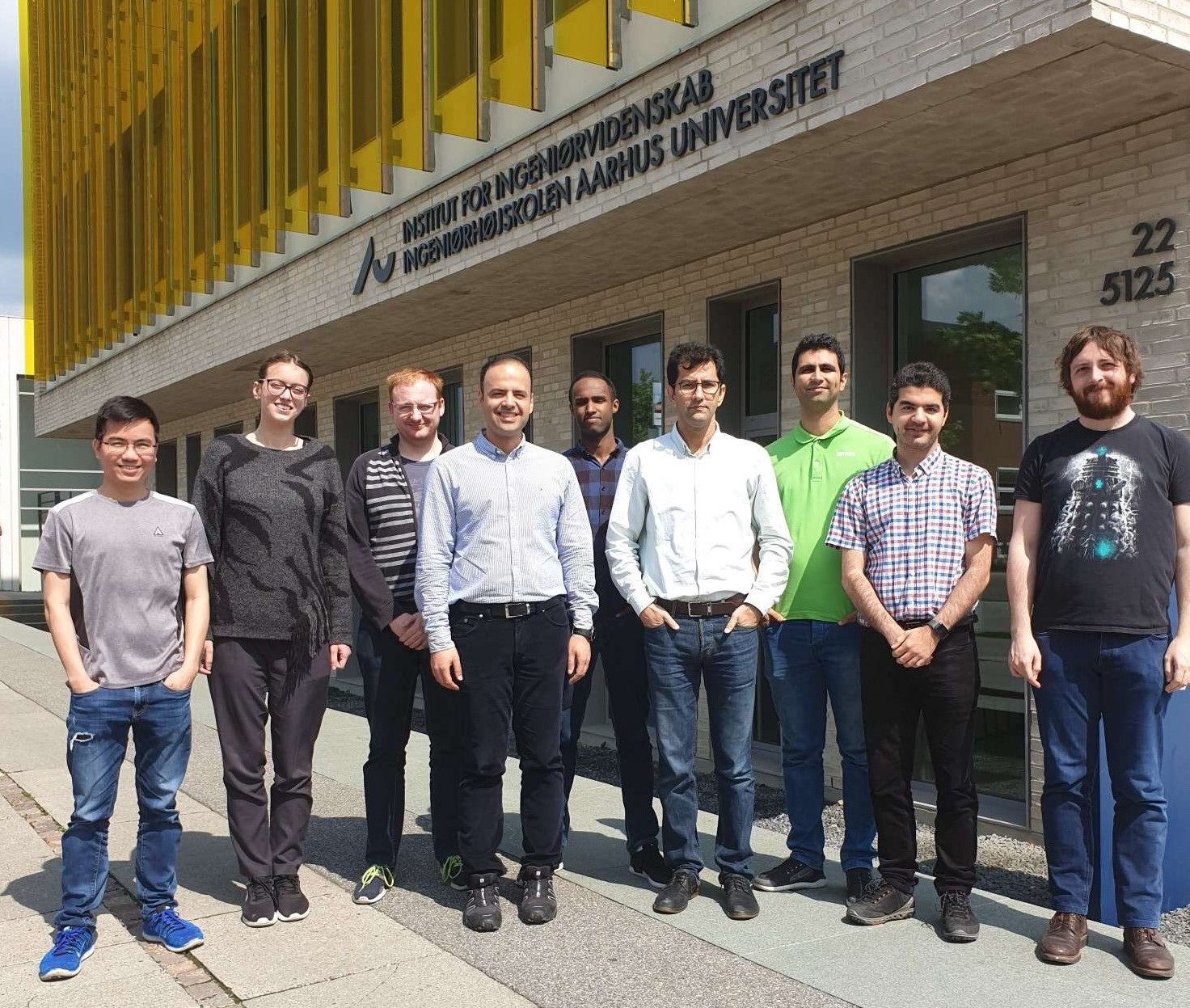
Aarhus Universitet http://international.au.dk/
ICELab http://ICELab-au.com
AU was founded in 1928. Internationalization is a key part of AU’s mission and the University continuously works to strengthen its international profile. Currently, AU hosts 40000 national and international students.
AU participates in HERMES with the Department of Engineering, responsible for education, research and development activities, and talent development in the technical science field. The research and development activities cover the engineering field broadly and are organized in four fields: biological and chemical engineering, civil and architectural engineering, electrical and computer engineering, mechanical engineering. The Department hosts the Integrated Circuits and Electronics Lab (ICELab) led by Farshad Moradi and the Neurotechnology group led by Preben Kidmose.
Discover more
This is the AU team of the project, click on the name to expand the bio:
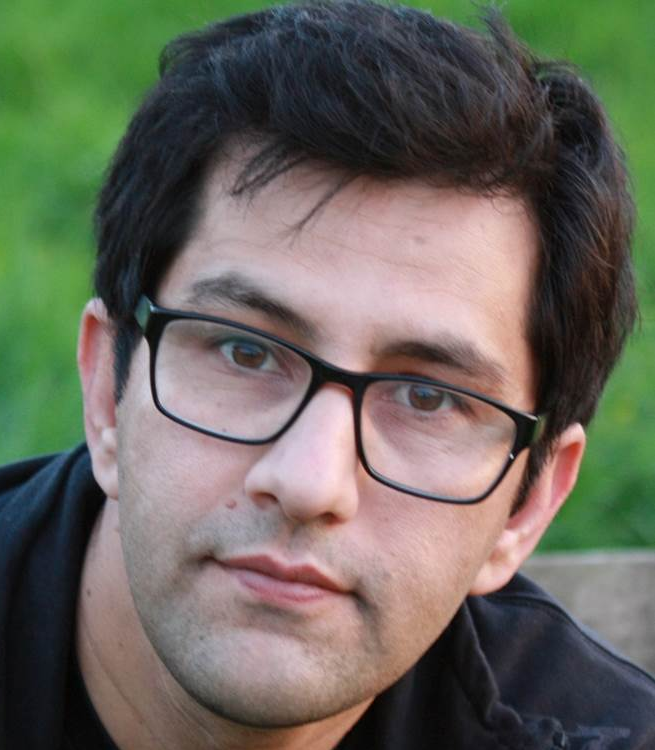
I hold a BSc degree in Electrical Engineering from Isfahan University of Technology (Iran), a MS degree in Electrical Engineering from Ferdowsi University (Iran) and a PhD degree from the University of Oslo (Norway).
At AU, I lead the Integrated Circuits and Electronics Lab (ICELab).My current research interests include ultra-low-power digital/memory circuit/device design for biomedical applications and beyond CMOS memory design.
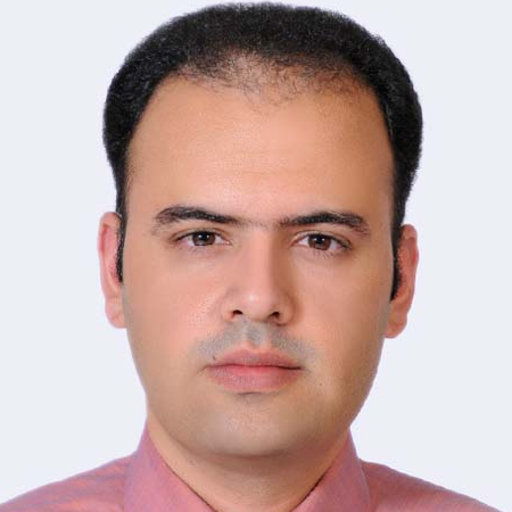
I hold a BSc in Electrical Engineering from Kashan University (Iran), a MSc and PhD in Electronic Engineering from Ferdowsi University of Mashhad (Iran).
I have joined ICELab as Marie Skłodowska-Curie Fellow to work on designing low-power neuromorphic computing systems. I have a strong background in low-power and low-voltage IC design including spin-transfer torque random access memory (STT-RAM), SRAM design and digital ADCs.
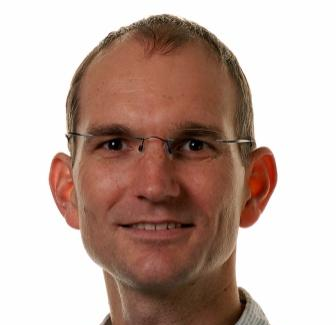
I hold a BSc in Electrical Engineering, a MSc in Engineering and a PhD in Signal Processing. I have more than 10 years’ experience as R&D engineering within hearing aids and medical devices, acquired during my past work experience at Widex A/S (Denmark).
My research interests focus on signal processing in medical devices, audio signal processing, machine learning, medical instrumentation and sensors, system engineering/design of medical devices, and modeling of electromagnetism in biological tissue.
I lead the Neurotechnology group, focusing on electrophysiological methods and technologies, using both experimental data and computational modeling, with the primary objective to enable brain monitoring out-of-the-lab in real-life. In particular, the group focuses on wearable systems for long-term chronic recording and integration with other sensor modalities.
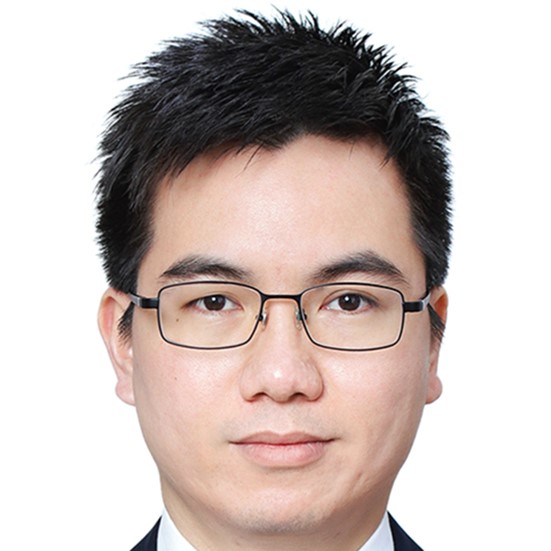
I hold a BSc in Electronic Engineering from the University of Science–Ho Chi Minh National University (Vietnam) and a MSc and PhD in Engineering from Sungkyunkwan University (South Korea), where I have also spent a 1-year period as postdoctoral research associate. I was awarded 2 Best Student Paper Awards from IEEE EDAPS conference and an Excellent Research Achievement from The Institute of Electronics Engineers of Korea.
My expertise include analog mixed signal IC design and signal integrity/power integrity/electromagnetic compatibility design for IC.
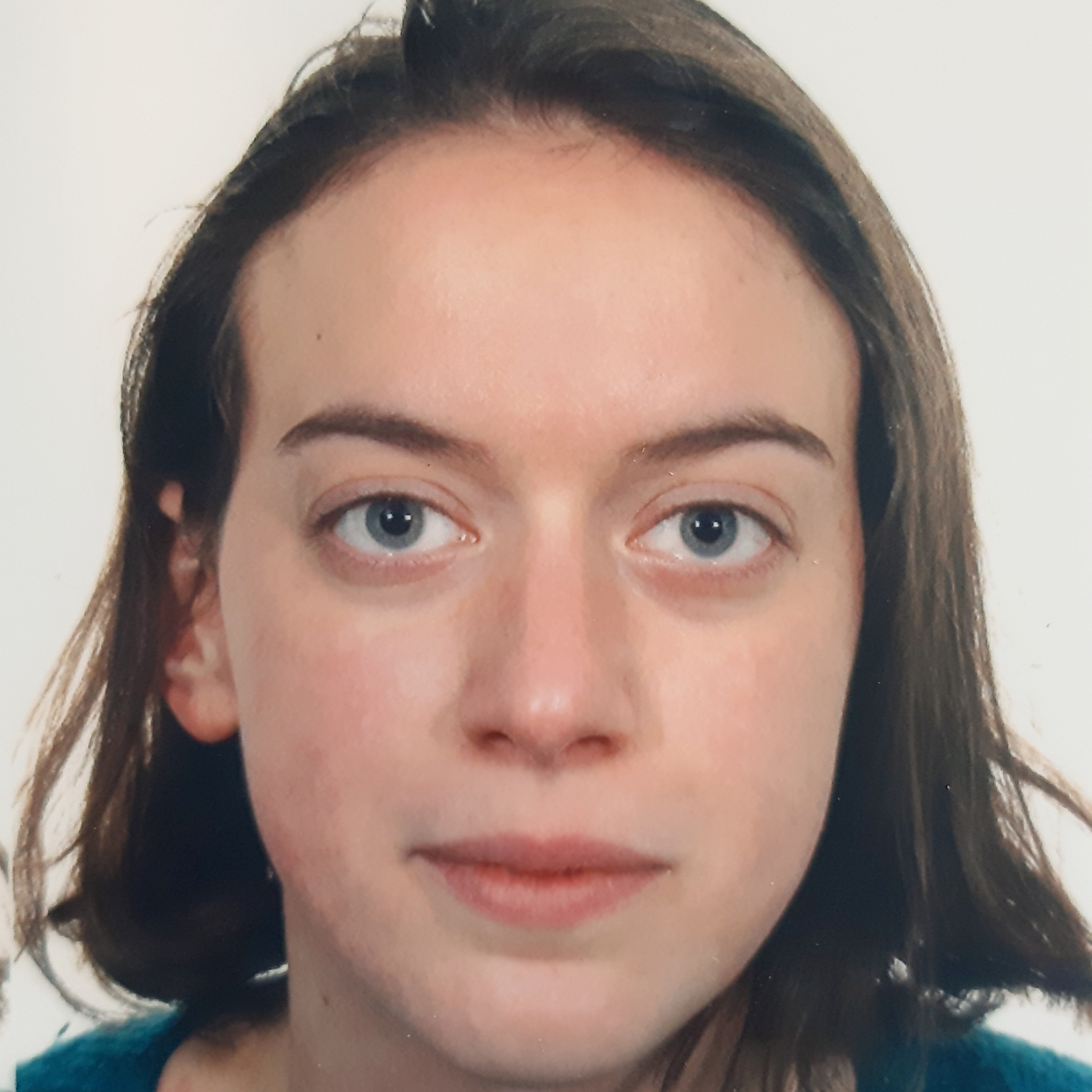
I am a Biomedical Engineer and I have received my BSc and MSc from Politecnico di Milano, Italy. During my studies, I was a visiting student at NOVA University, Portugal, and at PUVC, Chile. After my MSc, I did an internship in a company operating in the field of Brain-Computer Interfaces, where I worked on covert speech recognition through feature extraction of EEG signals.
My research interests focus on electronic technologies, targeting the development of biomedical instrumentation and the processing of physiological signals.
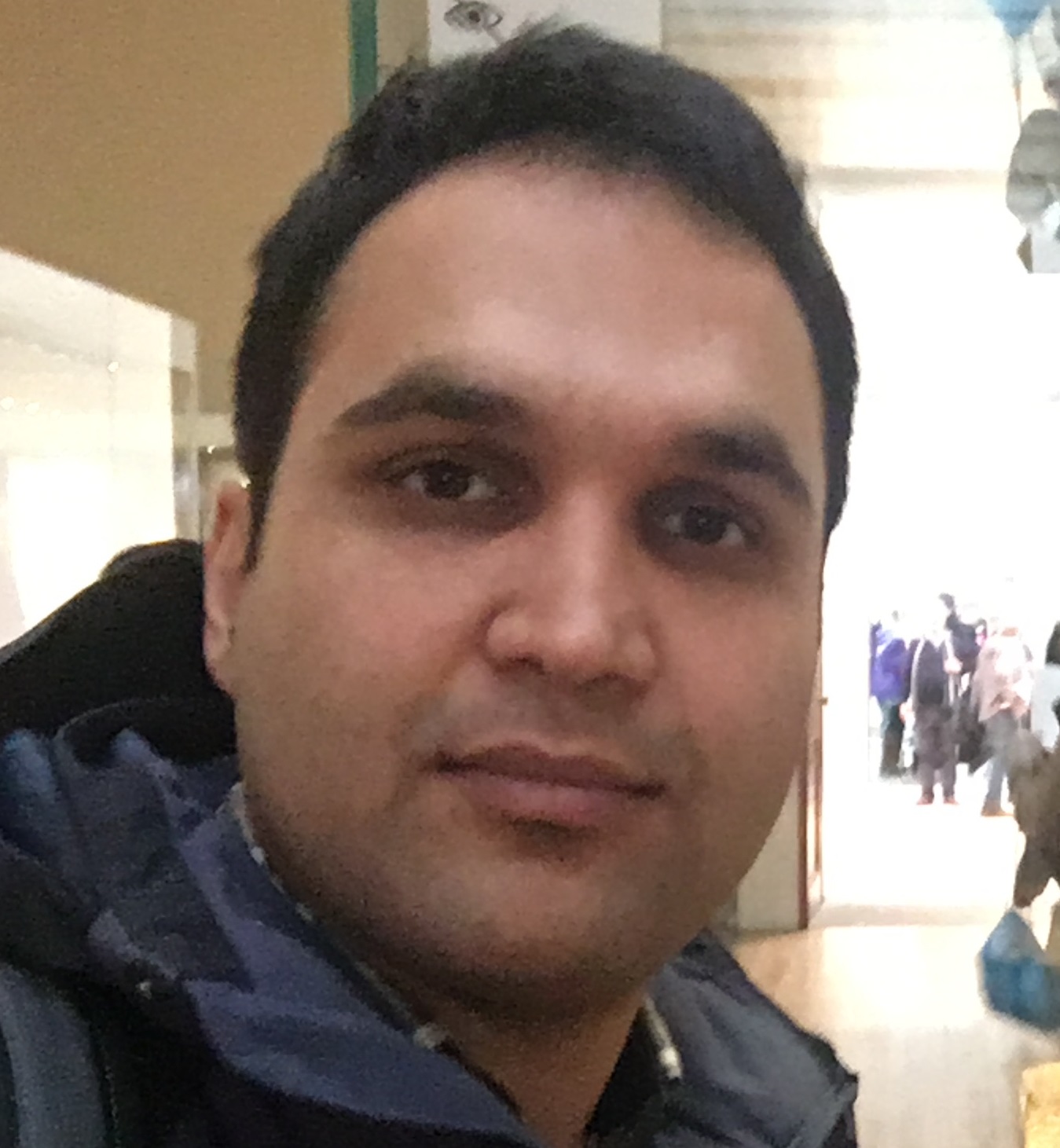
I am an electrical engineer and my research interest focuses on low-power analog integrated circuits and systems design for biomedical applications. In HERMES, I am working on designing the ultra-low power interfacing analog front-end for recording and electrical modulation of brain tissue
